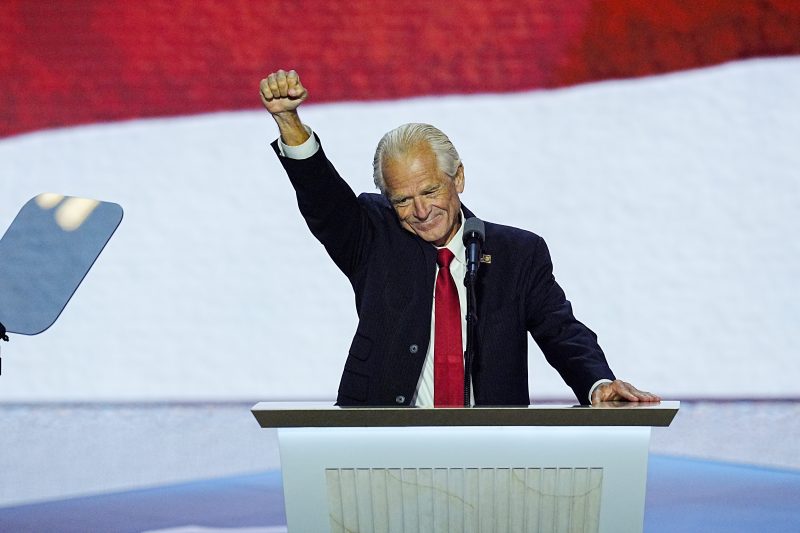In the wake of President Trump’s administration, concerns have been mounting regarding the impacts of his strategy to appoint loyalists to key government positions. While the focus has primarily been on the potential erosion of institutional checks and balances, another crucial issue arises from this approach — the implications for expertise and competence in government.
One of the fundamental purposes of government is to effectively address complex national and global challenges that require specialized knowledge and experience. By prioritizing loyalty over expertise in appointments, there is a risk that critical decision-making processes will be influenced by political considerations rather than objective analysis and evidence-based reasoning.
Moreover, the reliance on loyalists can lead to a homogenous and insular decision-making environment, where dissenting views and alternative perspectives are marginalized or overlooked. This lack of diversity in expertise can result in groupthink, where decisions are made without the benefit of critical evaluation and debate, ultimately undermining the quality of governance and the ability to respond effectively to evolving challenges.
Furthermore, the emphasis on loyalty in appointments can have a demoralizing effect on career civil servants and professionals who have dedicated their careers to public service. When loyalty to a particular individual or ideology is valued above merit and competence, it can create a chilling effect on innovation, creativity, and independent thought within government agencies and departments.
The long-term consequences of prioritizing loyalty over expertise are concerning, as it can erode the legitimacy and effectiveness of government institutions. Public trust in the government’s capacity to address complex issues and make informed decisions is predicated on the perception that decisions are made based on knowledge, expertise, and the public interest, rather than political expediency or personal allegiance.
As we navigate an increasingly complex and interconnected world, the need for expertise and competence in government decision-making has never been more critical. By recognizing the importance of appointing individuals based on their qualifications and experience, rather than solely on their loyalty, we can help safeguard the integrity and effectiveness of our democratic institutions for generations to come.
